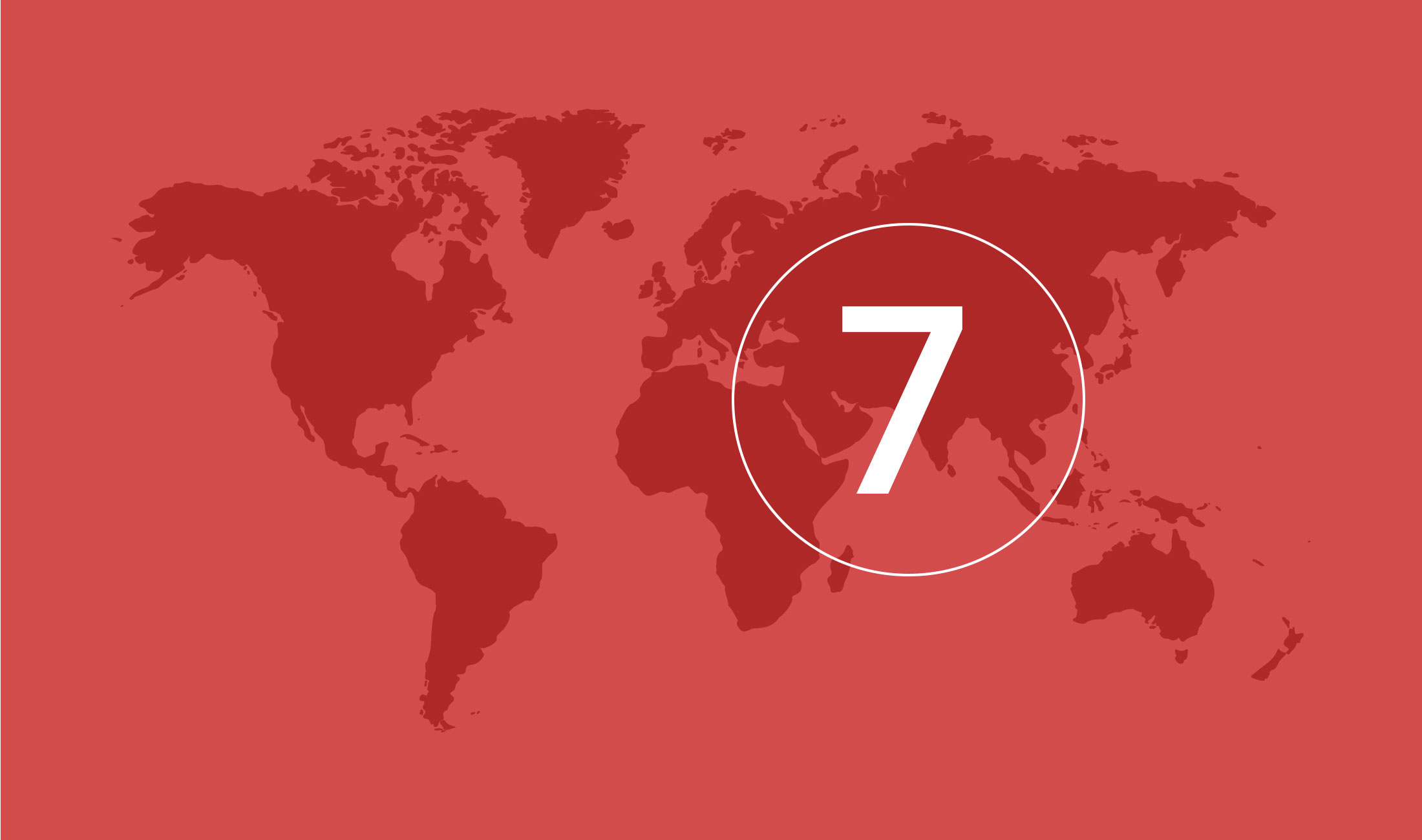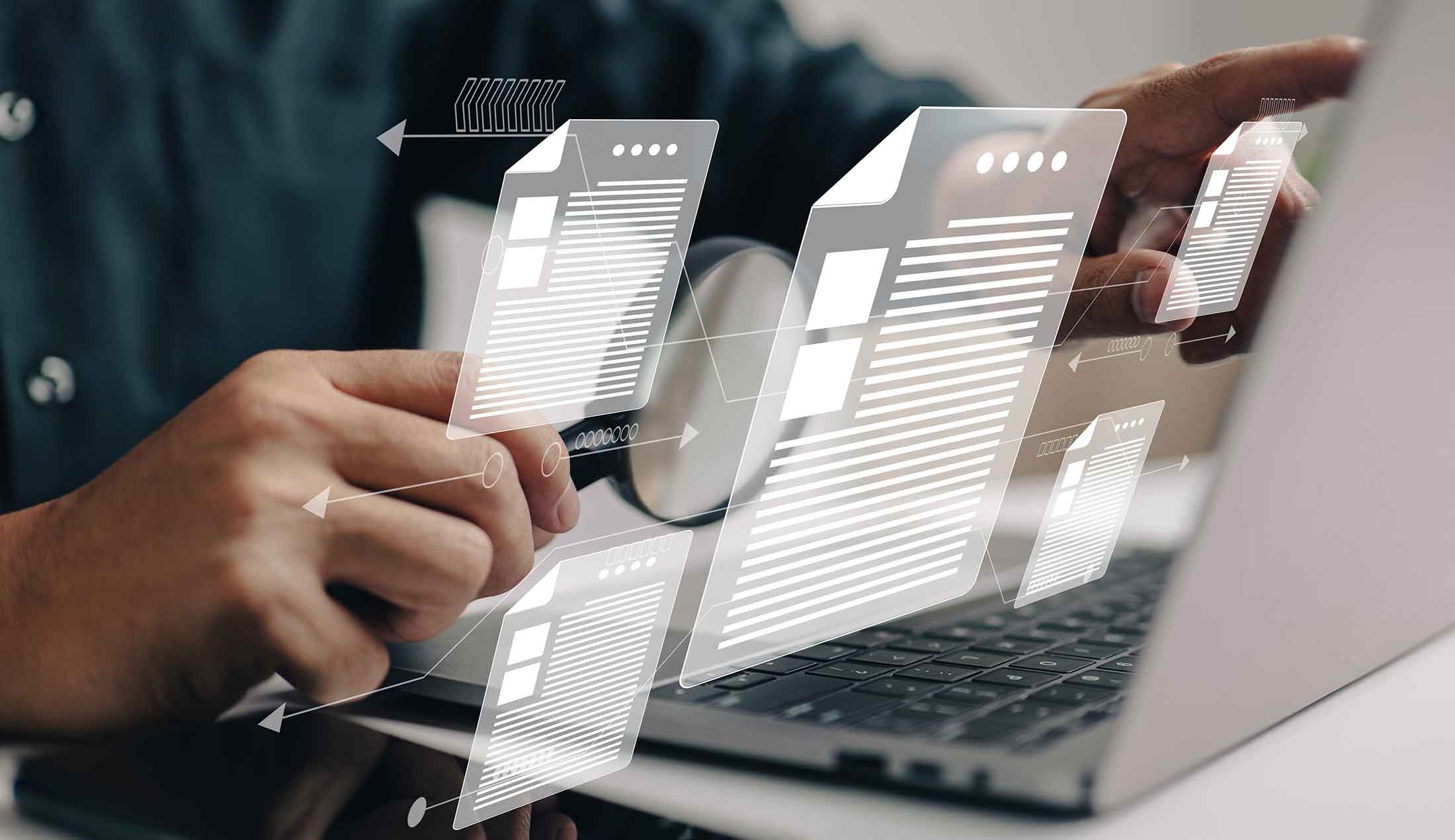
Congo, Democratic Republic of the
Category
7 of 7
| Risk type | Short | Long |
|---|---|---|
| Sovereign | ||
| Public | ||
| Bank | ||
| Corporate |
The icons indicate EKN's risk assessment.
A lower country risk category means a lower country risk. The icons mark EKN's ability to cover risks to different buyers in the country.
-
No policy established
- EKN has not analysed this country recently and therefore has no current opinion. If an exporter submits an application for such a country, EKN performs an analysis of the country at short notice and determines a policy.
-
Normal risk assessment
- EKN decides on guarantee issue based on an assessment of risk in the transaction. There are no predefined restrictions in the risk assessment or assumptions for risk assessment.
-
Restrictive risk assessment
- EKN sets stricter requirements in the risk assessment in order to guarantee a transaction. EKN may have specified special criteria that are key to the risk assessment of the guarantee holder category in question. This may mean that EKN sets a requirement that the counter party must have its own hard currency earnings or that external support can be expected, or that EKN sets a requirement for a letter of credit, government or bank guarantee. If the formulation of the transaction deviates from a defined restriction, we normally set more stringent conditions and may in the worst case refuse to guarantee the transaction. More stringent conditions may be that we reduce the sum guaranteed, raise the premium or require some form of security.
-
Normally off cover
- Here EKN does not normally cover currency transfer risks. However in some circumstances EKN may be able to go further with high risk countries than the restrictions of the country policy indicate. The application is then tested under the so-called GSL facility, which refers to guarantee issue with special country evaluation. There are specific requirements for this, primarily that the exporter has experience of the market in question. The risk is then shared with the exporter and by means of a mark-up on the premium.
-
OECD or EU countries
- Because of EU rules, EKN cannot issue guarantees for transactions with a risk period of less than two years for exports to Australia, EU countries, Iceland, Japan, Canada, Norway, New Zealand, Switzerland or the USA. If you have any questions, please telephone us on +46 8-788 00 00.
Country risk analysis
Country risk analysis archive
Country Risk Analysis of Democratic Republic of the Congo
The latest Country Risk Analysis of Democratic Republic of the Congo was issued in October 2024.
Background
The Congolese economy is primarily driven by the mining industry, which fuels growth and accounts for approximately 80 percent of export revenues.
Dependence on commodity prices makes growth and inflation generally volatile, as evident during the commodity price downturns of 2016 and 2020. The dollarized economy limits the central bank’s ability to stimulate the economy through monetary policy and its capacity to support the banking sector during a systemic crisis. At the same time, the DRC is a key exporter of minerals increasingly in demand for the green transition, such as copper and cobalt. Over the past decade, the economy has grown by an average of nearly six percent per year.
Given the low-income levels and rapidly growing population, this is, nevertheless, a moderate growth rate. In real terms, GDP per capita growth has been a more modest 1.8 percent annually over the same period. With a GDP per capita of just over USD 600, the DRC remains one of the world’s poorest countries.
Politically, the DRC continues to experience turbulence. In late 2023, Felix Tshisekedi was re-elected as president in an election conducted largely without political unrest. However, in May 2024, a coup attempt against the president was thwarted when Congolese American Christian Malanga and a group of approximately 50 individuals managed to penetrate the presidential palace. Corruption is high in the country, and its institutions rank among the weakest globally.
Economic growth is largely concentrated in Katanga, Kinshasa, and Bas-Congo, creating grounds for conflict in provinces excluded from the expanding economy. Several low-intensity conflicts are ongoing in the DRC, particularly in Ituri and Kivu, where approximately 100 armed groups are active. The rebel group M23 is one of the most well-known, though it accounts for only a small portion of the total deadly violence.
The central government has so far failed to resolve these conflicts, which neighbouring countries Uganda and Rwanda are deeply involved in. Katanga Province in southeastern DRC also has a history of conflicts, but it is now one of the country’s most stable areas and accounts for a significant share of economic activity.
The DRC ranks among the five most vulnerable countries in the world to climate change, according to the University of Notre Dame’s ND-GAIN index (184/187 in 2022). Low-income levels, a large agricultural sector, and extremely limited resources for preventive measures contribute to this vulnerability. The economic consequences risk becoming significant, particularly affecting public finances and agricultural productivity.
Ongoing challenges for Tshisekedi
The Congolese economy continues to grow, bolstered by relatively high commodity prices and an expanding mining sector. In 2024, the third concentrator at the Kamoa-Kakula mine was brought online, enabling production to increase to 400,000–600,000 tonnes of copper concentrate per year. This makes Kamoa-Kakula the largest copper producer in Africa and one of the largest in the world. Over the coming years, the economy is expected to continue growing at just over five percent annually. Inflation surged in 2023–2024 but is likely to decline over the coming year. The IMF’s forecast for 2025 projects inflation at 8.5 percent, compared with just over 17 percent in 2024.
In the summer of 2024, the DRC completed the sixth and final review of its three-year IMF programme, which has had a stabilising effect on the economy. The programme has been particularly beneficial for the balance of payments, with foreign reserves rising to cover just over two months of imports from a previously critically low level. During the programme period, vital foreign direct investment in the mining sector was maintained, which also contributed to the foreign reserve. Tshisekedi has instructed his cabinet to seek a new programme from 2024.
However, the IMF programmes are unlikely to yield significant results regarding the long-term, much-needed structural reforms. High levels of corruption and a low appetite for reform mean that efforts to diversify the economy and strengthen public finances are progressing slowly. Despite an enormous need for public investment in infrastructure, healthcare, and education, the Congolese national budget remains one of the smallest in the world on a per capita basis.
National savings and investment rates are very low, at approximately ten percent of GDP, which implies weak long-term growth prospects outside the mining sector. The lack of domestic and foreign financing means public debt will fall below ten percent in the coming year, which is an extremely low level. Unlike many other African economies, the DRC’s problem is not over-borrowing for infrastructure investments but rather the opposite.
Domestic political turbulence continues to contribute to the challenging investment climate and the state’s difficulties in securing domestic and external financing.
The May coup attempt was swiftly averted, but it serves as a reminder of the persistently high turbulence in the DRC’s domestic politics. That a small group of armed men could quickly enter what should be the country’s most secure building also highlights the possibility that a larger, more organised coup could be successful.
The situation in the eastern parts of the country remains difficult, and diplomatic tensions with Rwanda are still high. At the DRC’s request, the UN peacekeeping mission MONUSCO is being phased out ahead of schedule, with a gradual withdrawal starting in 2024. In South Kivu, the withdrawal is nearly complete, while it has been temporarily paused in North Kivu and Ituri due to escalating violence in these areas. Early in 2024, fighting between government forces and the rebel group M23 intensified, leading to approximately one million more internally displaced people, according to the UN. A humanitarian ceasefire was signed in June but has been poorly upheld.
The situation still risks developing into an open conflict with Rwanda, which could also draw in Uganda, given its strong interests in eastern DRC. This would be devastating for the economies of the region. Additionally, eastern Congo is the epicentre of an outbreak of a new variant of the viral disease Mpox, with approximately 600 reported deaths in 2024, worsening the humanitarian situation in that part of the country. The DRC received an initial vaccine shipment in September, but distribution challenges mean the outbreak risks escalating despite this.
Business environment
The business environment in the DRC is generally very weak. Underdeveloped infrastructure, frequent power outages, and armed conflicts in parts of the country pose major challenges. Institutional capacity is very low, with extensive and unpredictable bureaucracy and underpaid officials, which contributes to corruption within the state apparatus.
Legal security in the country suffers from significant deficiencies, and property rights protection is weak. Courts risk being influenced by those in power and by corruption, limiting companies’ ability to receive fair treatment in court. Due to weak institutions and political fluctuations, the conditions for mining companies to operate in the country and to transfer revenues abroad can change rapidly. In 2018, mining legislation was revised, introducing increased fees for mining companies to boost state revenue.
Since 2020, a subcontracting law requires that all subcontractors to Congolese companies must be registered in the DRC and owned by more than 50 percent Congolese citizens. This poses challenges for international companies, as finding qualified and reliable local partners can be difficult.
The weak and non-transparent banking system also presents obstacles to international transfers. The DRC is under special monitoring by the Financial Action Task Force (FATF) due to deficiencies in oversight regarding money laundering and terrorist financing, which can make it challenging to find a receiving bank for transfers from the DRC.
Relatively low labour costs, high mineral grades, and new deposits offer potential advantages for companies choosing to establish themselves in the country’s mining industry.
EKN’s policy
The DRC remains in country risk category 7 with a restrictive country policy. EKN is closed to sovereign risks and sub-sovereign risks. For such transactions, a letter of credit is required. For bank risks, a letter of credit (confirmed or unconfirmed) is also required. For corporate risks, the counterparty must have its own hard currency earnings or be able to rely on external support. Additionally, elevated premium rates are applied.
EKN’s commitment and experience
EKN’s guarantee exposure to the Democratic Republic of Congo is limited. Over the past five years, EKN has guaranteed an average of three transactions per year. Current exposure consists almost entirely of a transaction within the copper mining industry, with mining transactions generally dominating. Aside from a significant delay in 2020, payment experience has been positive in recent years. The current delay of SEK 1.6 million pertains to a small transaction with an exporter of mining equipment. No outstanding claims are present.
Learn more about exporting to Democratic Republic of the Congo

- Financing
- Guarantees
“Working with EKN was the big unlock”
Mining one of the world’s largest copper discoveries in an environment like the Democratic Republic of the Congo, requires a thorough environmental and social due diligence and a comprehensive project sustainability agenda.
“Working with EKN was the big unlock”More for companies that want to export to Democratic Republic of the Congo

EKN's guarantees
EKN's guarantees reduce the risk of payment defaults and help banks support businesses. Which guarantee suits your needs?
EKN's guarantees
Guarantee guide
Are you unsure which guarantee is the best fit for your specific transaction? Try our guarantee guide.
Guarantee guide